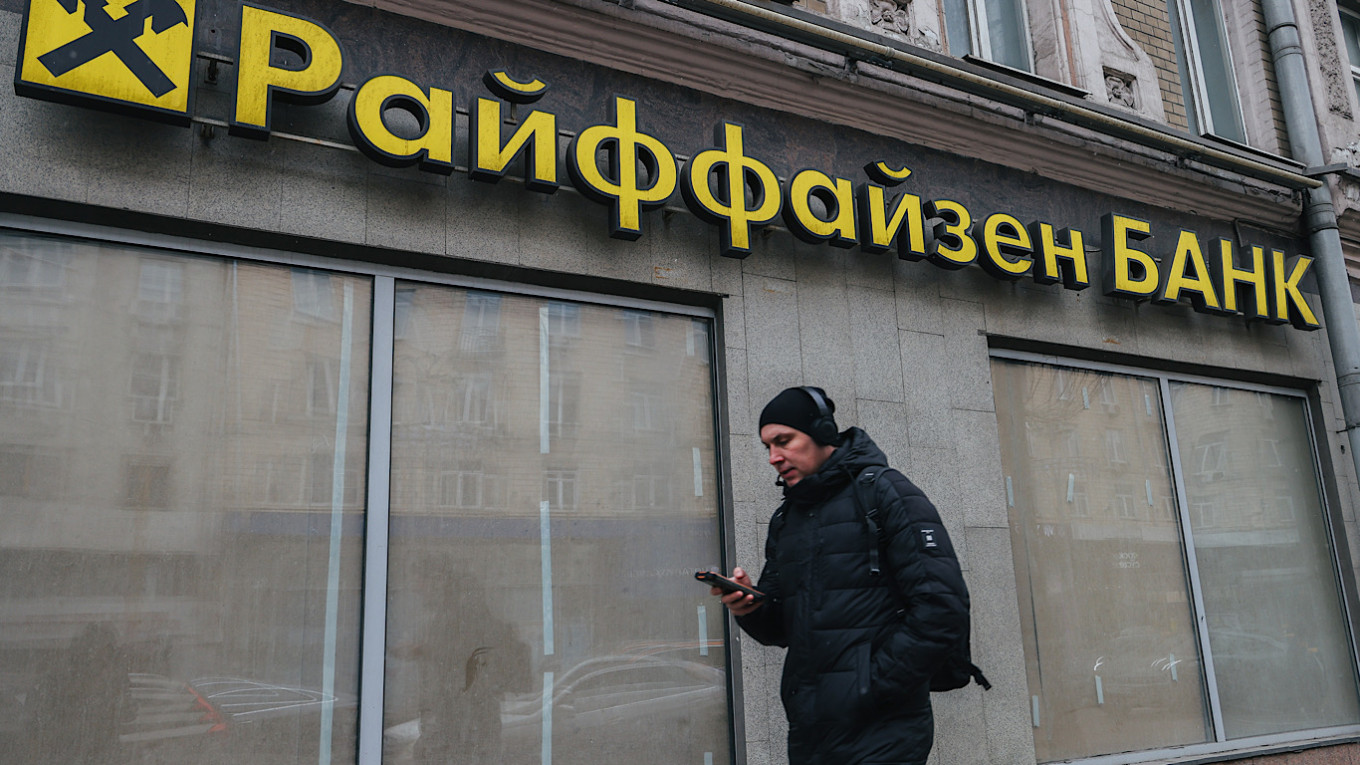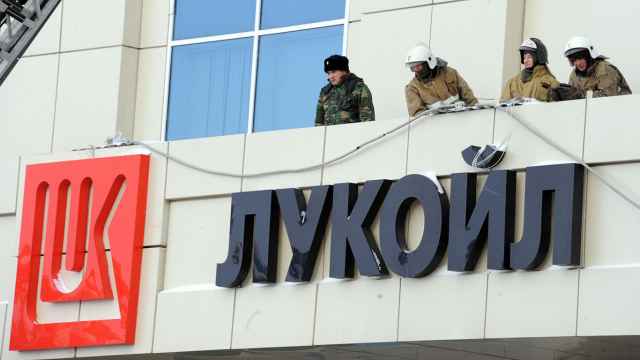Austria’s Raiffeisen Bank International (RBI), the largest Western lender still operating in Russia, has failed once again to sell its Russian business and withdraw from the country, Reuters reported Wednesday, citing two sources familiar with the matter.
The bank had found a local buyer for its stake, but Russian authorities blocked the deal out of fears that transferring ownership to local investors could trigger Western sanctions against RBI, a crucial financial channel for Moscow, one of Reuters’ sources said.
Reuters’ sources noted that Moscow wants to preserve remaining economic ties with Europe, which still buys billions of euros worth of Russian oil and gas each year.
Raiffeisen processes payments for fuel deliveries through the TurkStream pipeline — Moscow’s only remaining gas route to the European Union.
Between January and August 2025, Russia exported roughly 11.5 billion cubic meters of gas via TurkStream to Bulgaria, Hungary, Slovakia and other EU states. At market prices, the shipments were worth about $3.8 billion.
Despite restrictions on transferring euros abroad, Raiffeisen continues to facilitate some cross-border payments for a limited number of major Russian companies, one of the sources added.
A spokesperson for the bank said RBI was winding down operations in Russia but any sale requires government approval. The spokesperson declined to give a timeline for a deal, saying only that talks were ongoing.
Russia’s Central Bank declined to comment.
Raiffeisen first announced plans to exit Russia shortly after Moscow’s full-scale invasion of Ukraine in 2022.
But that October, President Vladimir Putin banned the sale of stakes in 45 banks owned by investors from “unfriendly” countries without government sign-off.
RBI Chief Executive Johann Strobl has made several attempts to divest the Russian business and has even visited Moscow to pursue a deal, according to Reuters’ first source.
Since the invasion, the bank has accumulated around 7 billion euros in profits in Russia — funds that remain effectively trapped in the country.
A Message from The Moscow Times:
Dear readers,
We are facing unprecedented challenges. Russia's Prosecutor General's Office has designated The Moscow Times as an "undesirable" organization, criminalizing our work and putting our staff at risk of prosecution. This follows our earlier unjust labeling as a "foreign agent."
These actions are direct attempts to silence independent journalism in Russia. The authorities claim our work "discredits the decisions of the Russian leadership." We see things differently: we strive to provide accurate, unbiased reporting on Russia.
We, the journalists of The Moscow Times, refuse to be silenced. But to continue our work, we need your help.
Your support, no matter how small, makes a world of difference. If you can, please support us monthly starting from just $2. It's quick to set up, and every contribution makes a significant impact.
By supporting The Moscow Times, you're defending open, independent journalism in the face of repression. Thank you for standing with us.
Remind me later.






